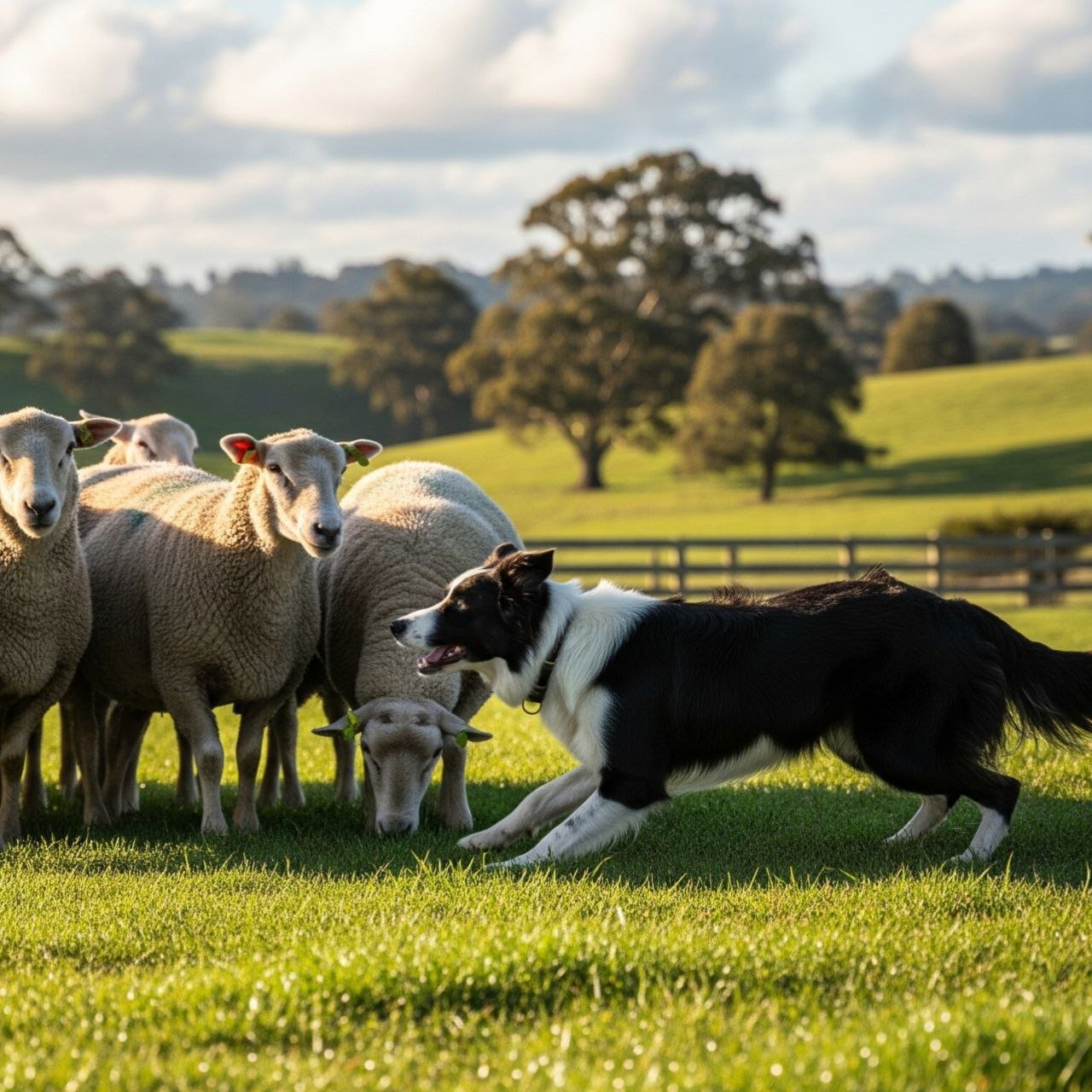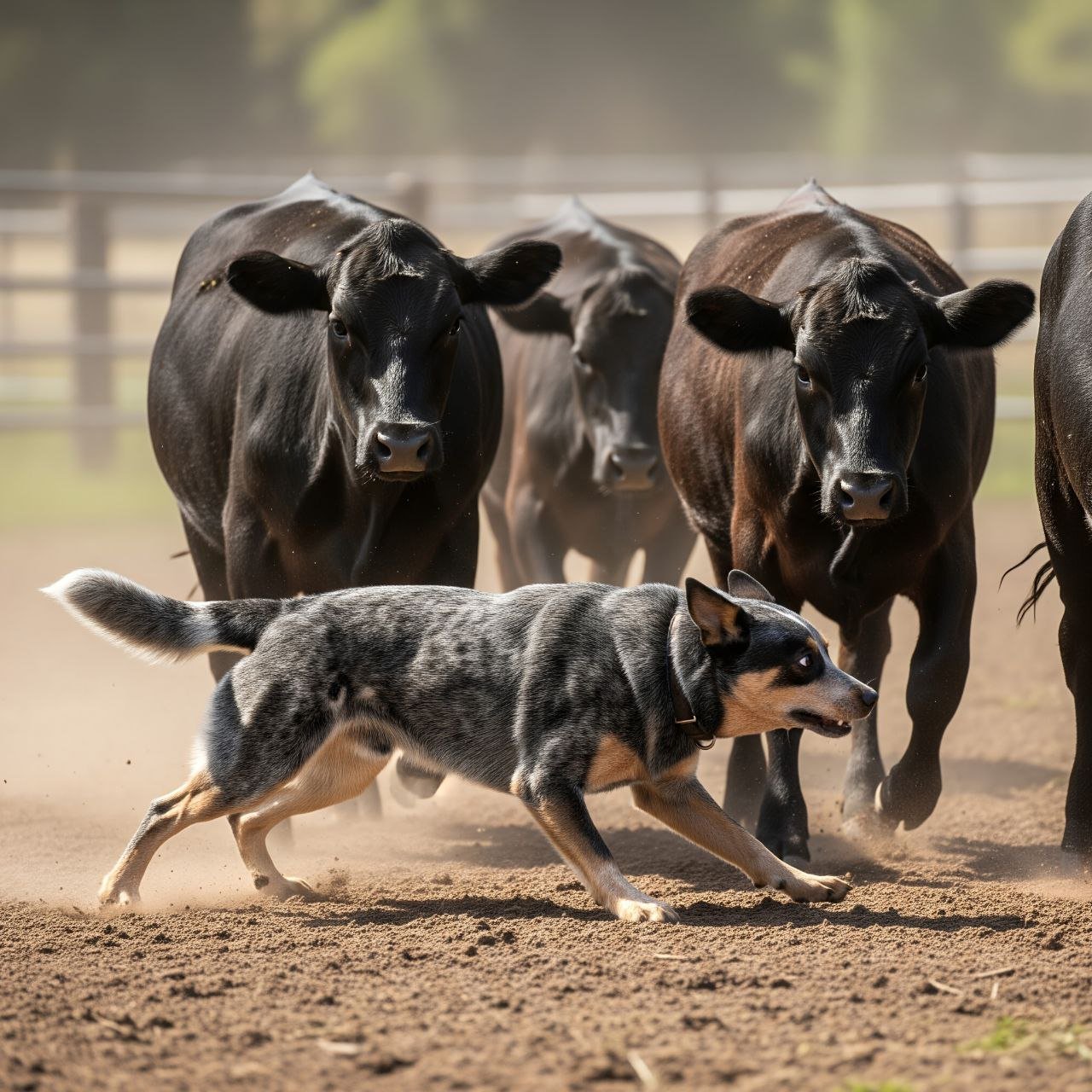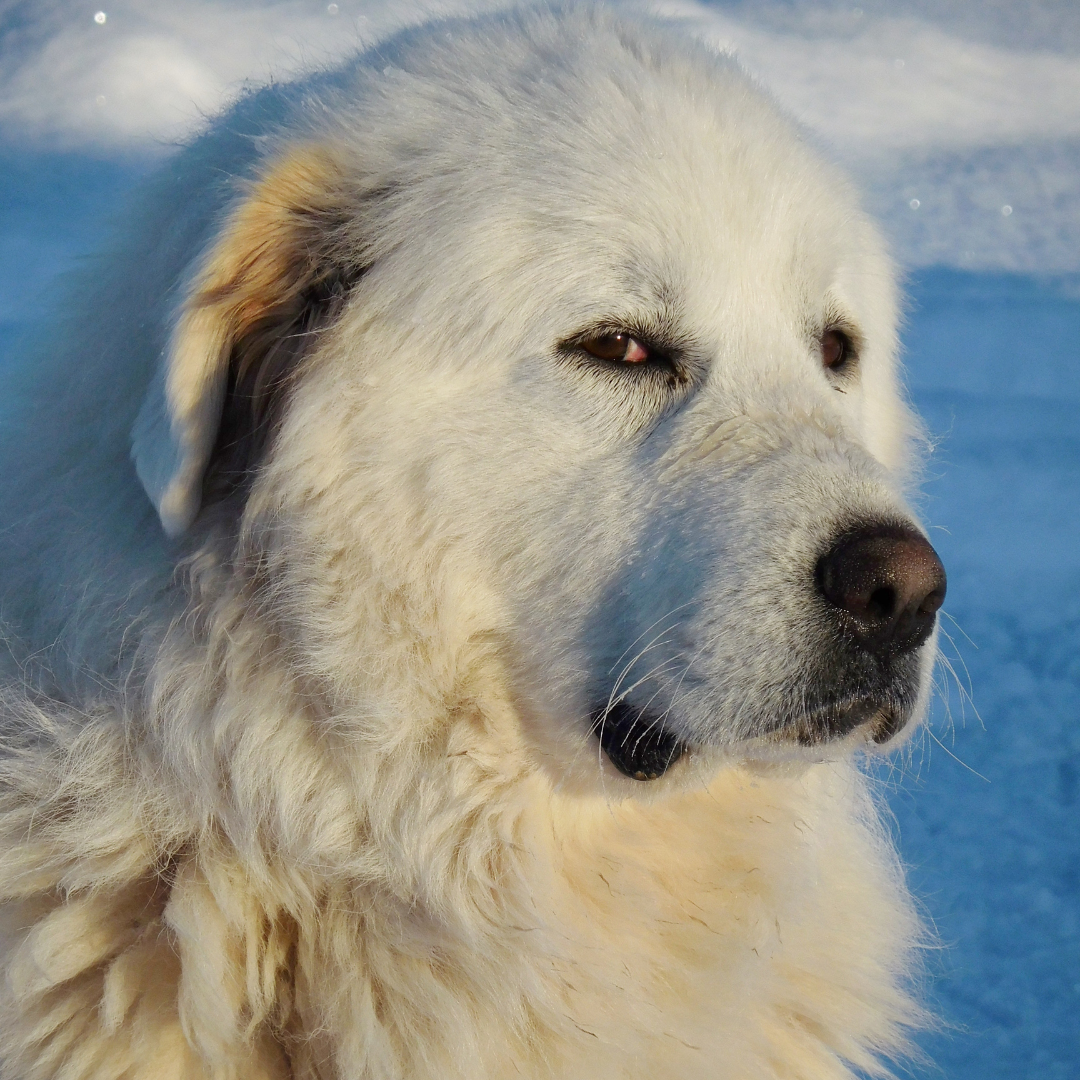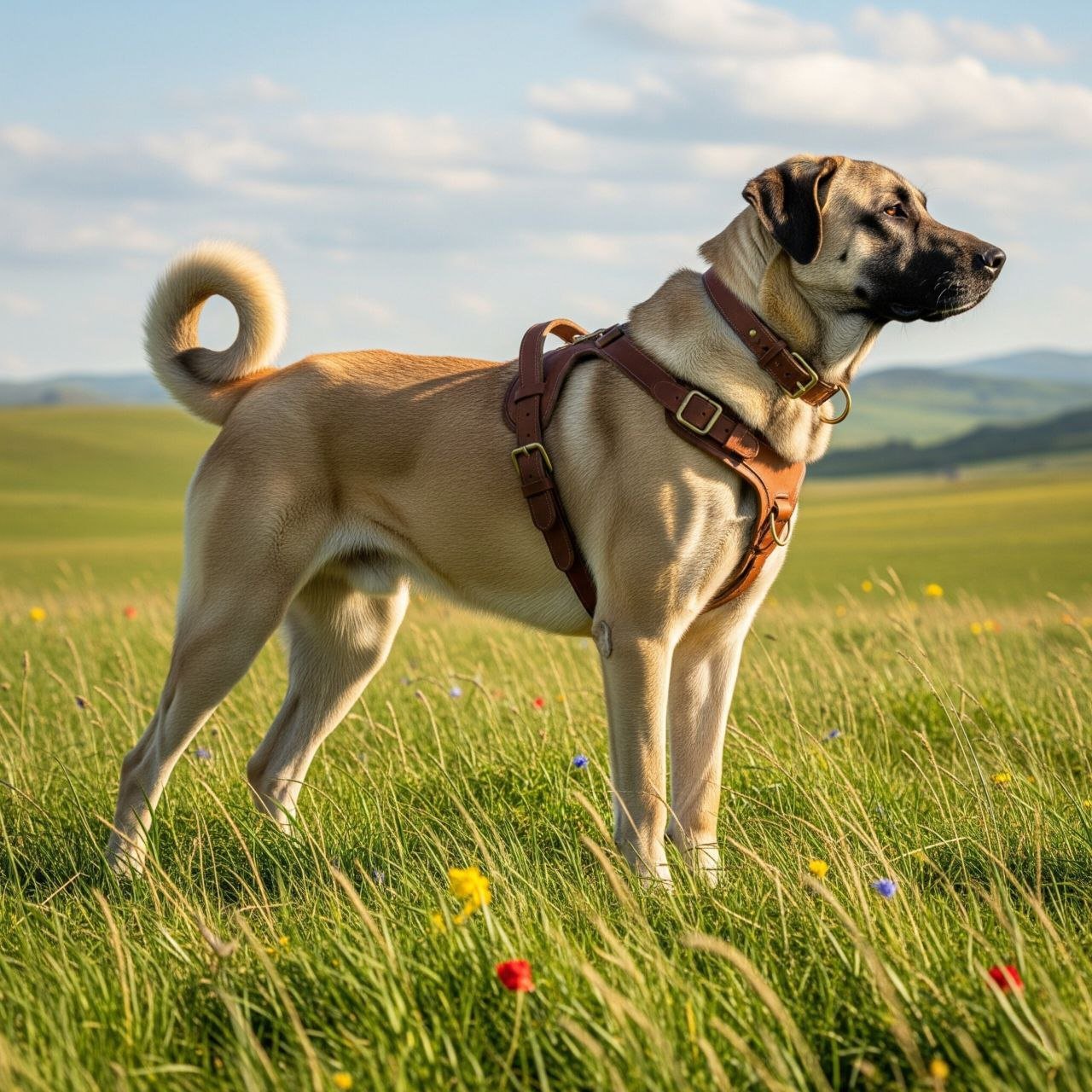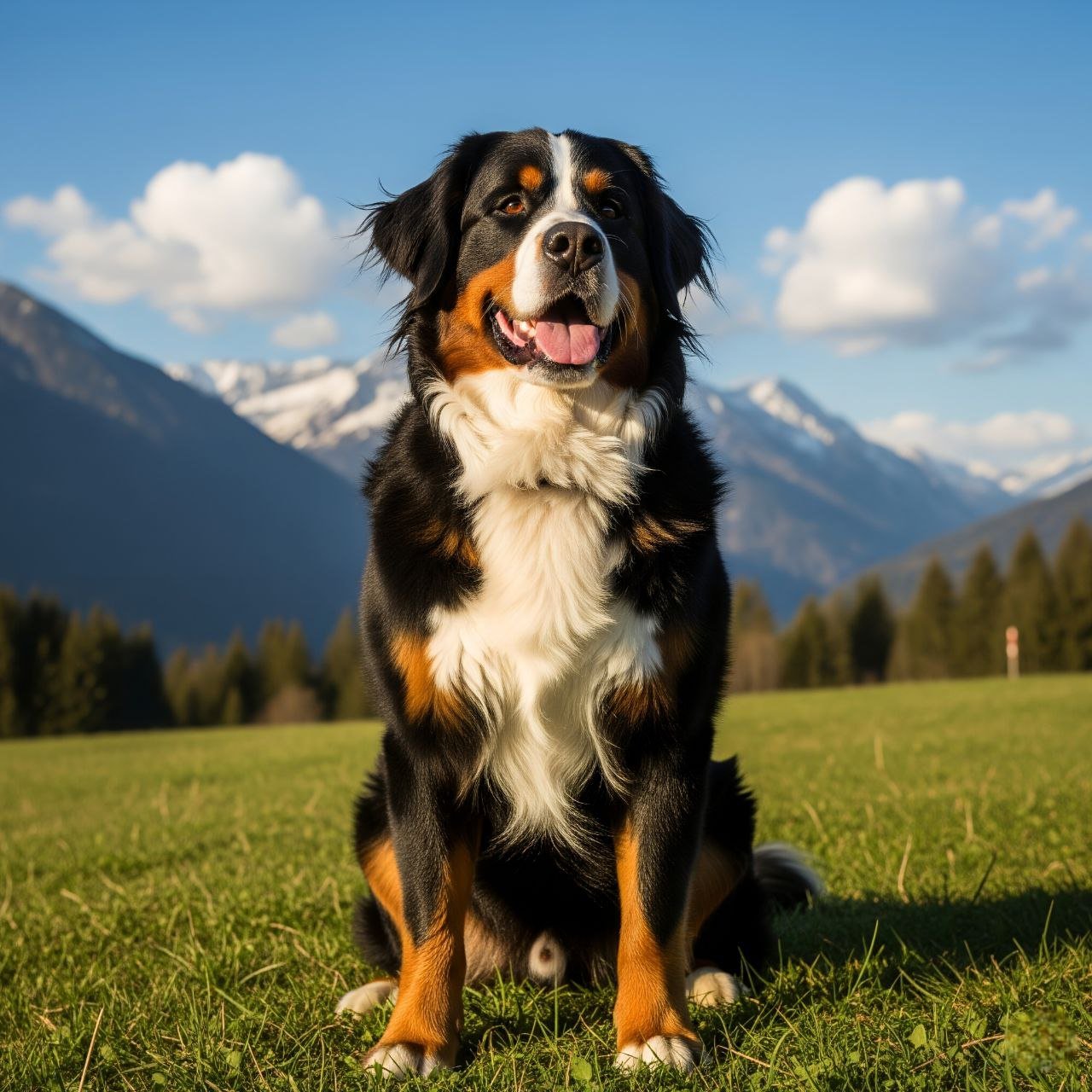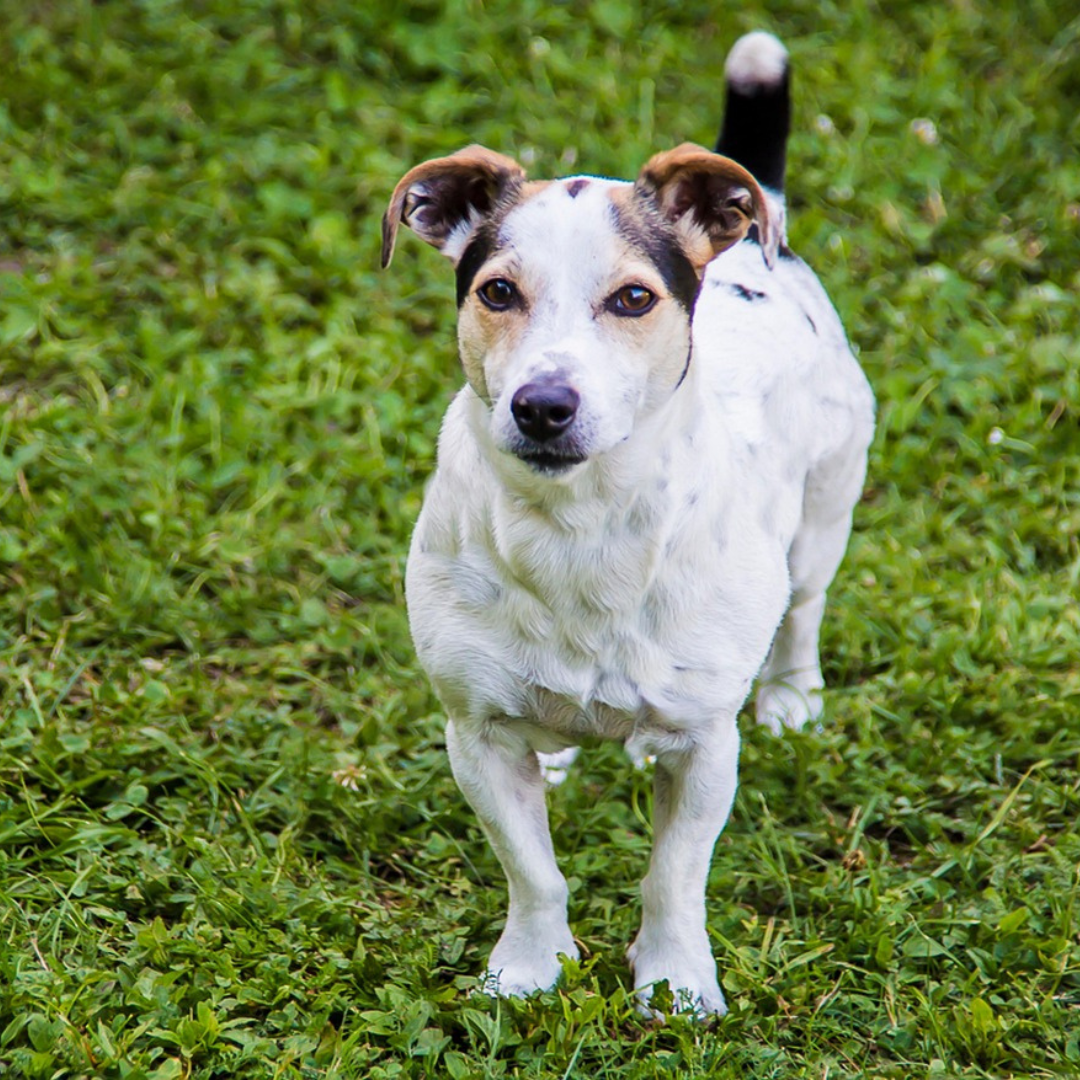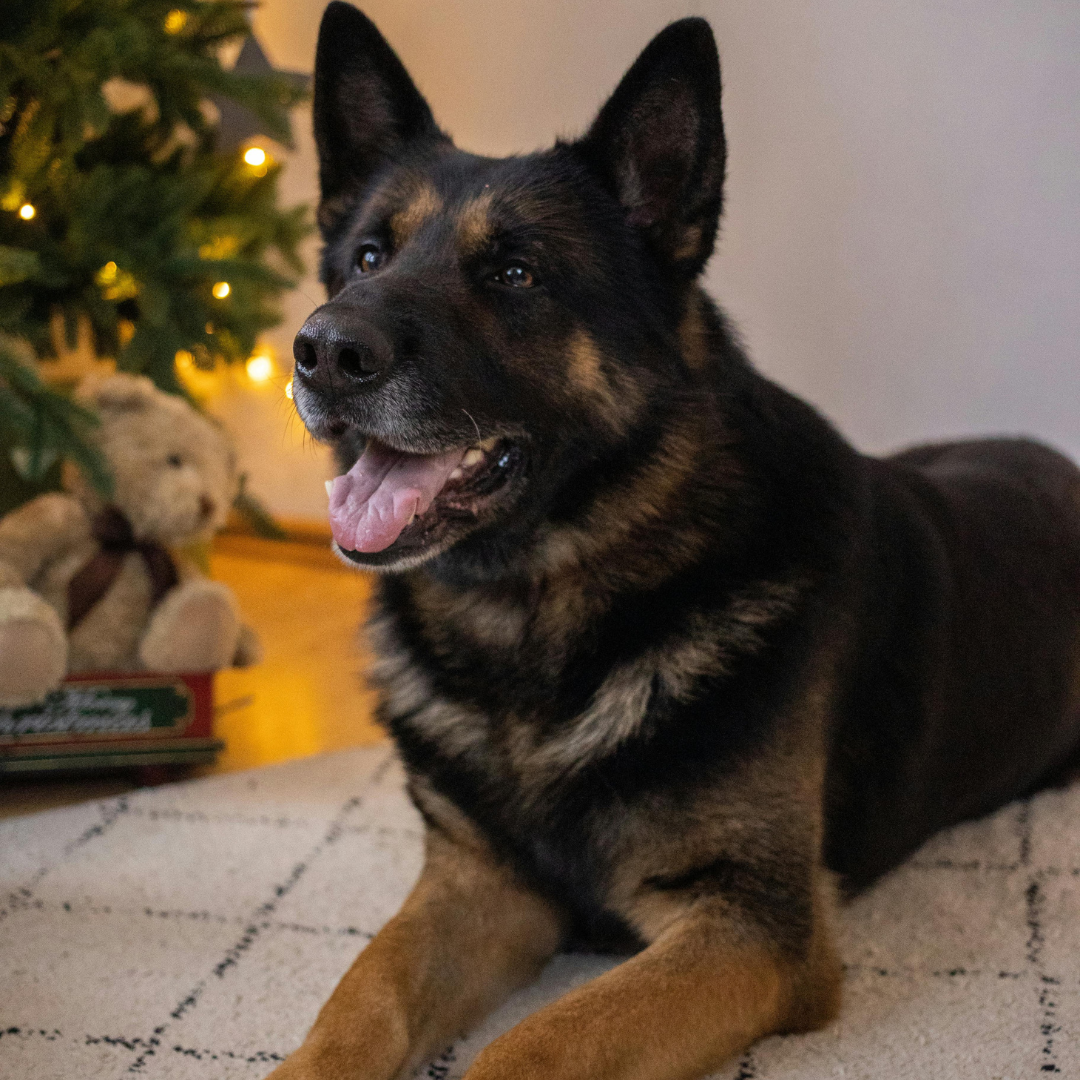The Farmer’s Dog: A Timeless Companion and Tireless Worker
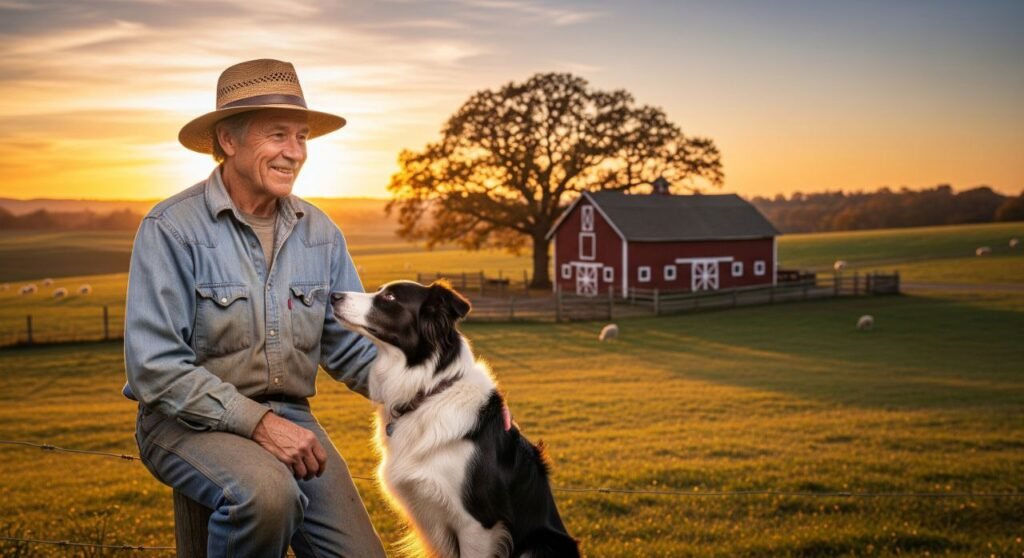
For centuries, the farmer’s dog has been more than just a pet. On farms across the world, dogs have served as loyal partners, vital laborers, and protectors. Whether herding livestock, guarding flocks, chasing off predators, or simply keeping a farmer company, these working dogs are indispensable to rural life.
In this article, we’ll explore the history, roles, breeds, training, and care of the modern-day farmer’s dog.
History of the Farmer’s Dog
Dogs have been working alongside humans since the early days of agriculture. As farming developed in various parts of the world, different dog breeds were selectively bred for specific tasks such as:
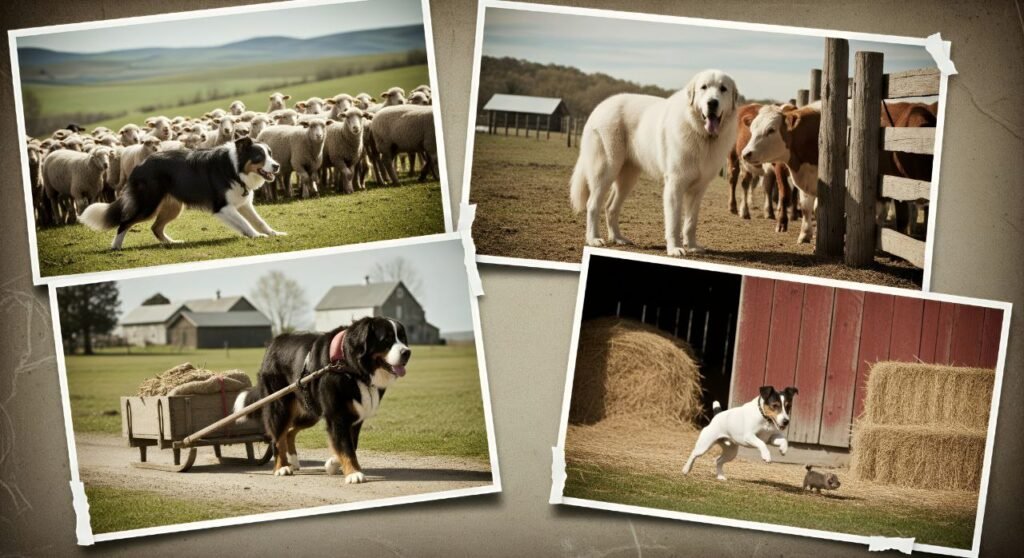
- Herding sheep and cattle
- Guarding livestock against wolves, coyotes, and other predators
- Pulling carts or sleds
- Catching vermin (rats, foxes, etc.)
- Providing companionship and security for isolated farm families
These dogs became deeply integrated into farm life, especially in areas like:
- The British Isles (Border Collies, Sheepdogs)
- Central Europe (Great Pyrenees, Bernese Mountain Dogs)
- The American West (Australian Cattle Dogs, Australian Shepherds)
- The Middle East and Asia (Anatolian Shepherds, Tibetan Mastiffs)
Common Roles of a Farmer’s Dog
Depending on the size and type of the farm, farmer’s dogs may perform a variety of critical tasks:
1. Herding
Dogs are used to control the movement of animals like sheep, cattle, and goats. They follow vocal or whistle commands and use their natural instincts to move livestock efficiently without stressing the animals.
2. Guarding Livestock
Large, protective breeds stay with the herd and defend against threats. These dogs work independently, often bonding more with livestock than with humans.
3. Vermin Control
Terriers and smaller, quick dogs are excellent at controlling rodent populations in barns, feed stores, and fields.
4. Companionship and Security
Farm life can be isolating. Dogs offer companionship and can alert farmers to intruders or unusual activity on the property.
Best Breeds for the Farm
Different breeds are suited to different farm roles. Here are some of the top dog breeds often found on farms:
Border Collie

Role: Herding
Traits: Intelligent, responsive, high-energyAustralian Cattle Dog

Role: Herding
Characteristics: Hardy, alert, independentGreat Pyrenees

Role: Guardian
Characteristics: Calm, protective, gentleAnatolian Shepherd

Role: Guardian
Characteristics: Strong-willed, alert, braveBernese Mountain Dog

Role: Draft work, companion
Characteristics: Gentle, loyal, strongJack Russell Terrier

Role: Pest control
Characteristics: Energetic, bold, tenaciousGerman Shepherd

Role: Guarding, herding
Characteristics: Smart, obedient, versatile
Note: Some mixed-breed dogs can also make excellent farm dogs if they possess the right temperament and physical capability.
Training and Socialization
A good farm dog doesn’t just come from strong genetics—it also requires consistent training, especially in its early years.
Key Training Areas:
- Basic obedience: Sit, stay, come, heel
- Specific work commands: Herding, guarding, fetching tools, staying with livestock
- Socialization: Exposure to livestock, machinery, children, and other dogs
- Recall and off-leash control: Critical for safety in open fields
Many working breeds are naturally intelligent and eager to learn, but without proper guidance, they can become destructive or disobedient out of boredom.
Living Environment and Care
Farmer’s dogs often live outdoors or between the house and barn. While they are tough, they still need proper care to thrive:
Essentials:
- Shelter: A warm, dry place to sleep, preferably out of the elements
- Nutrition: High-protein diet suitable for working dogs
- Exercise: Daily physical and mental stimulation
- Health care: Vaccinations, flea/tick prevention, and regular vet visits
- Grooming: Depending on coat type; farm dogs often get dirty
A neglected working dog may suffer from joint issues, anxiety, or aggression—so a farmer must be as attentive to the dog as the dog is to the farm.
Why Farmer’s Dogs Matter
More than just working animals, farmer’s dogs are emotional companions and silent guardians of rural homes. Their bond with humans runs deep—formed through years of shared work, trust, and quiet understanding.
In an age of automation and modern agriculture, the farmer’s dog remains irreplaceable for many small to mid-sized farms. Their keen instincts, adaptability, and devotion cannot be fully replicated by machines or technology.
Thinking About Getting a Farmer’s Dog?
If you’re starting or expanding a farm and want a dog to join you:
- Choose a breed that matches your farm’s needs and climate
- Be prepared for daily care and training
- Consider adopting from working dog rescues or farms
A well-trained farmer’s dog will reward your investment with years of loyal service, companionship, and heart.


